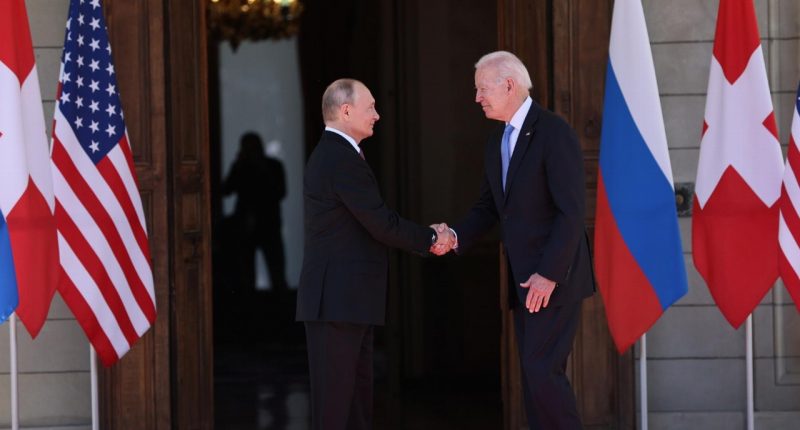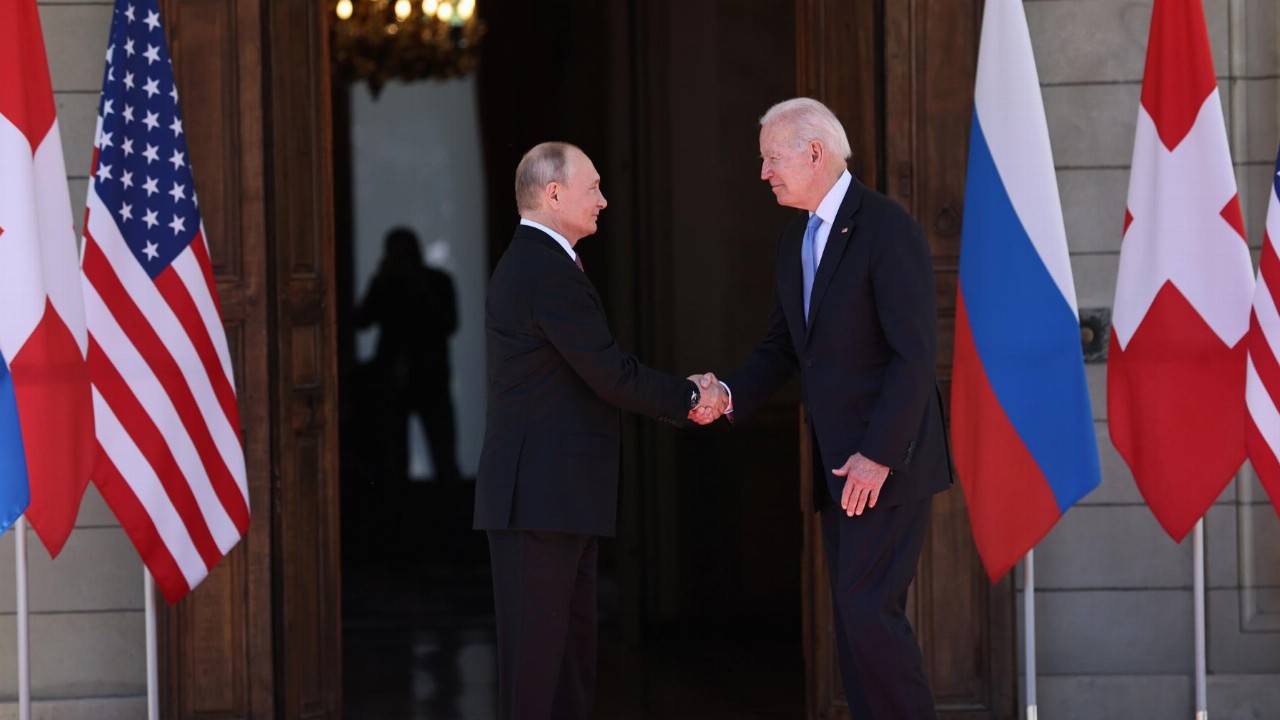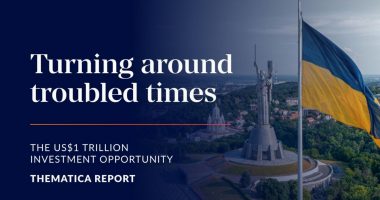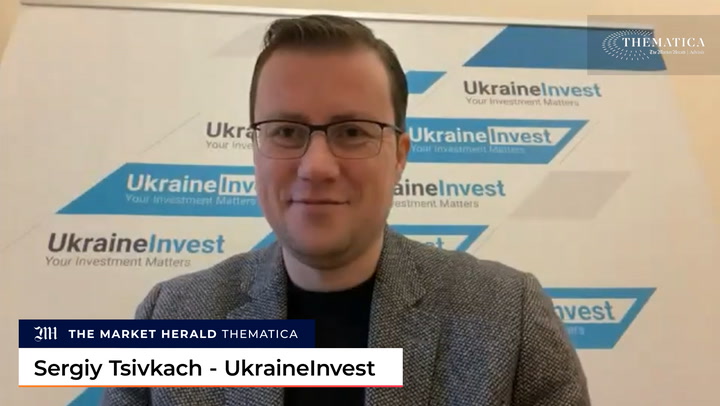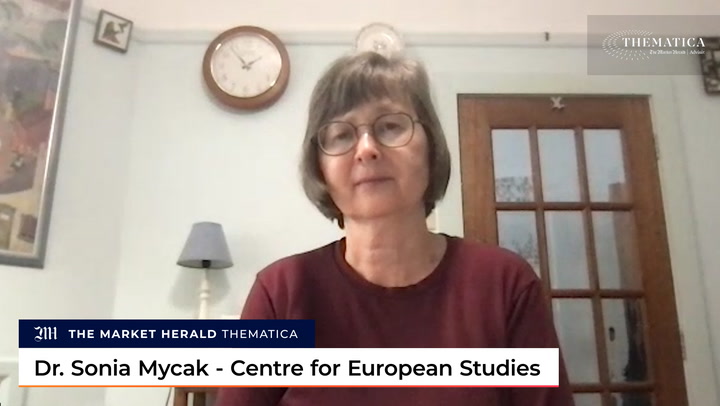- US President Joe Biden and Russian President Vladimir Putin agree to discuss cybersecurity and arms control at a summit in Geneva
- While Biden stressed he made no threats, he said the US would respond if Russia infringed on its priorities
- Biden says the consequences for Russia will be “devastating” if jailed Kremlin critic Alexei Navalny died
- Putin dismissed Biden’s concerns about both Navalny and Russia’s increased military presence near Ukraine
- However, one thing they agree on is a shared responsibility for nuclear stability
US President Joe Biden and Russian President Vladimir Putin agreed on Wednesday to engage in cybersecurity and arms control discussions at a summit in Geneva that exposed their differences on a range of issues.
In their first face-to-face meeting since he took office, Biden asked Putin how he would feel if Russia’s oil network was hit by a ransomware attack — a targeted question that made reference to the shutdown in May of America’s Colonial Pipeline.
“He said: ‘It would matter,'” Biden told reporters at an unusual solo news conference, which was itself an illustration of the tensions between the two nations.
The attack caused a shutdown that lasted for several days, leading to fuel shortages across the US East Coast and widespread panic-buying.
While Biden stressed that he made no threats during the three-hour meeting, he said he outlined US interests, like cybersecurity, and made clear to Putin that America would respond if Russia infringed on those priorities.
“I pointed out to him that we have significant cyber capability. And he knows it,” Biden said.
The two leaders also agreed to send their ambassadors back to each other’s capitals. Russia recalled its envoy after Biden said in March that he thought Putin was a “killer,” and the US brought its ambassador back soon after.
Putin said on Wednesday that he had been satisfied by Biden’s explanation of the remark.
Still, there was no getting around their differences on issues like human rights, where Biden said the consequences for Russia would be “devastating” if jailed Kremlin critic Alexei Navalny died.
Speaking to reporters, Putin dismissed Biden’s qualms about Navalny, as well as broader US concerns regarding Russia’s increased military presence near Ukraine’s eastern border.
He also suggested Washington was in no position to lecture Moscow on human rights, brushing off questions about his crackdown on political rivals by saying he was trying to avoid the “disorder” of a popular movement, like Black Lives Matter.
“What we saw was disorder, disruption, violations of the law, etc.,” Putin said.
“We feel sympathy for the United States of America, but we don’t want that to happen on our territory and we’ll do our utmost in order to not allow it to happen.”
One thing the two leaders could agree on, however, was that there is a shared responsibility for nuclear stability, and said they would hold discussions about possible changes to the recently extended New START arms limitation treaty.
The US-Russia treaty was extended in February for another five years, and limits the number of strategic nuclear warheads that can be deployed, as well as the land and submarine-based missiles and bombers that deliver them.
Putin said it was “hard to say” if relations would improve, but that there was a “glimpse of hope”.
“This is not about trust, this is about self-interest and verification of self-interest,” Biden said, also citing a “genuine prospect” of improving relations.

